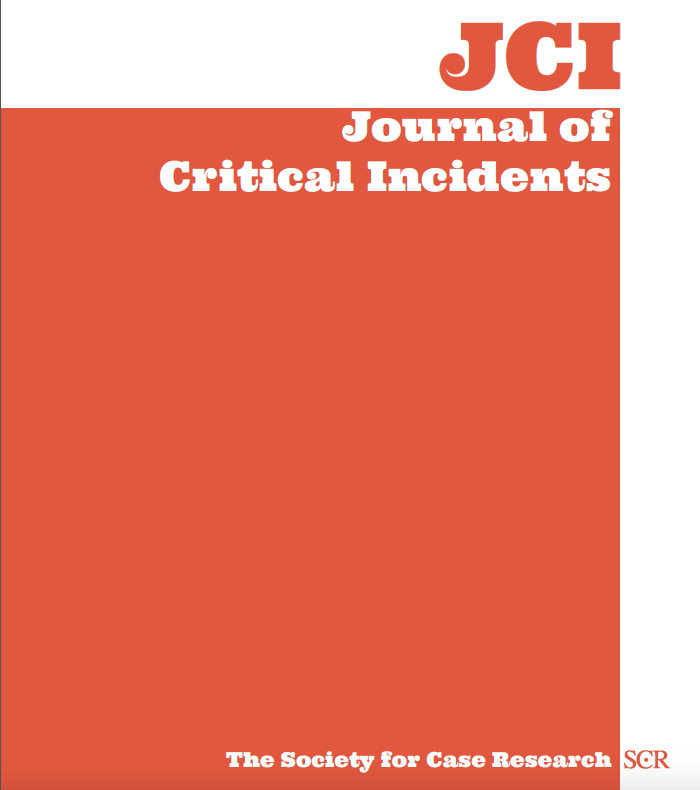To what degree can employers “snoop” through your electronic devices?

Instead of getting the golden parachute he was expecting, Paul Iacovacci, close to retirement at Brevet Capital Management LLC, got a pink slip and a lesson in cybersecurity. Brevet suspected Iacovacci was using a company-furnished device to steal trade secrets from Brevet to start a competing firm. This suspicion led Brevet to terminate Iacovacci’s employment and secretly access his company-furnished device while it was still in Iacovacci’s home. Brevet defends its action by stating the employee handbook allowed for full access to the company-furnished device and all hard drives attached to it. In a digital and mobile world, where more people are working remotely, the dilemma puts an exclamation mark on the issues surrounding a company’s ability to monitor employees versus an employee’s right to privacy. Should the employer have a moral obligation to notify employees when they are monitored remotely? What responsibility falls on the employee to separate work and personal information?
- Identify the stakeholders and their concerns presented in the critical incident
- Analyze the effect of federal regulations as an additional layer of security on workplace digital device regulations
- Examine the ethical ramifications of company-furnished devices and software where privacy is concerned
- Critique employer and employee best practices and expectations concerning companyfurnished devices
